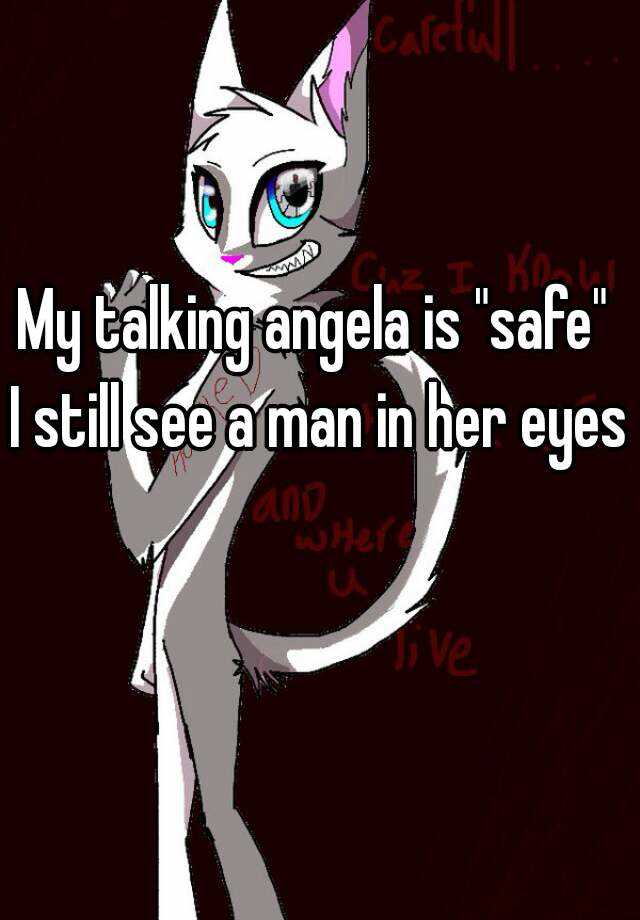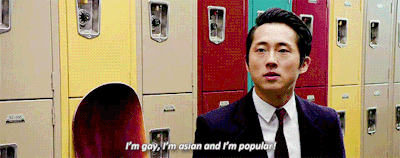


He was using one of the Motorola Droid phones that Google had donated to the university's computer lab, and he noticed the GPS icon would occasionally pop up - then disappear.Īfter carefully digging through his app permissions, he discovered his blackjack card game was tracking where he drove and walked. Hong originally had the idea to review apps four years ago. There's not a lot of best practices right now." "They're trying to monetize apps, but they don't know what the right thing to do is. "Most of these developers are not evil," Hong said. And it only gets worse when they sign up to receiving income from multiple advertising networks, because that sends user data in all directions. That means app developers often don't even know how intrusive their app is.
DOES MY TALKING ANGELA SPY ON YOU CODE
And when they want to make money from an app, they insert chunks of computer code that delivers data to advertisers - without actually reviewing it. Why are some apps so intrusive? The problem, Hong said, is that app makers piece together computer code like building blocks.
DOES MY TALKING ANGELA SPY ON YOU ANDROID
The most popular apps all got passing grades, presumably for being upfront and narrow about permissions.Īs for the absolute best grades in the Android world: A+ marks went mostly to unknowns, like a free aquarium wallpaper and a bubble level. government's GPS satellites? Why does Hill Climb Racing, a driving game, need your phone number? But why does Shazam, which analyzes music, need to know your precise location using the U.S. Popular messaging apps did nominally better. Several versions of Angry Birds are equally intrusive, tracking your location and finding social media accounts on your device. Brightest Flashlight Free - which has gotten in trouble with federal regulators before - still tracks your precise location. Super-Bright LED Flashlight knows your carrier, device ID and phone number. Nearly 1,000 got the worst rating.įree flashlight apps are also notorious for gobbling up data that has nothing to do with turning on the phone's light bulb. "There is a big gap between people's expectations and reality," said Jason Hong, an associate professor at the computer science school who led the project.Īll in all, the team analyzed just over 1 million apps. Bible for Kids isn't much better: It got a C, because it follows children's movements. It surreptitiously grabs your contact list, phone call history, phone number, carrier and tracks your location. But the app insists on knowing your precise location, carrier and phone number - sharing that with advertisers.Īlso on the naughty list: The Holy Bible. And it only has access to connected computers so that users' videos can be saved.įruit Ninja is a game of sword-wielding, vegetarian carnage. Update: The makers of Talking Tom reject the findings, saying no personal information or recordings are shared with advertisers. And if you connect your phone to a computer, it can delete or modify files on that computer - for a reason CMU researchers can't yet figure out.

But the app takes your voice recordings, and shares that data with advertisers. The gimmick: You speak to him, and he repeats everything you say. My Talking Tom is a game where you raise a virtual cat.


 0 kommentar(er)
0 kommentar(er)
